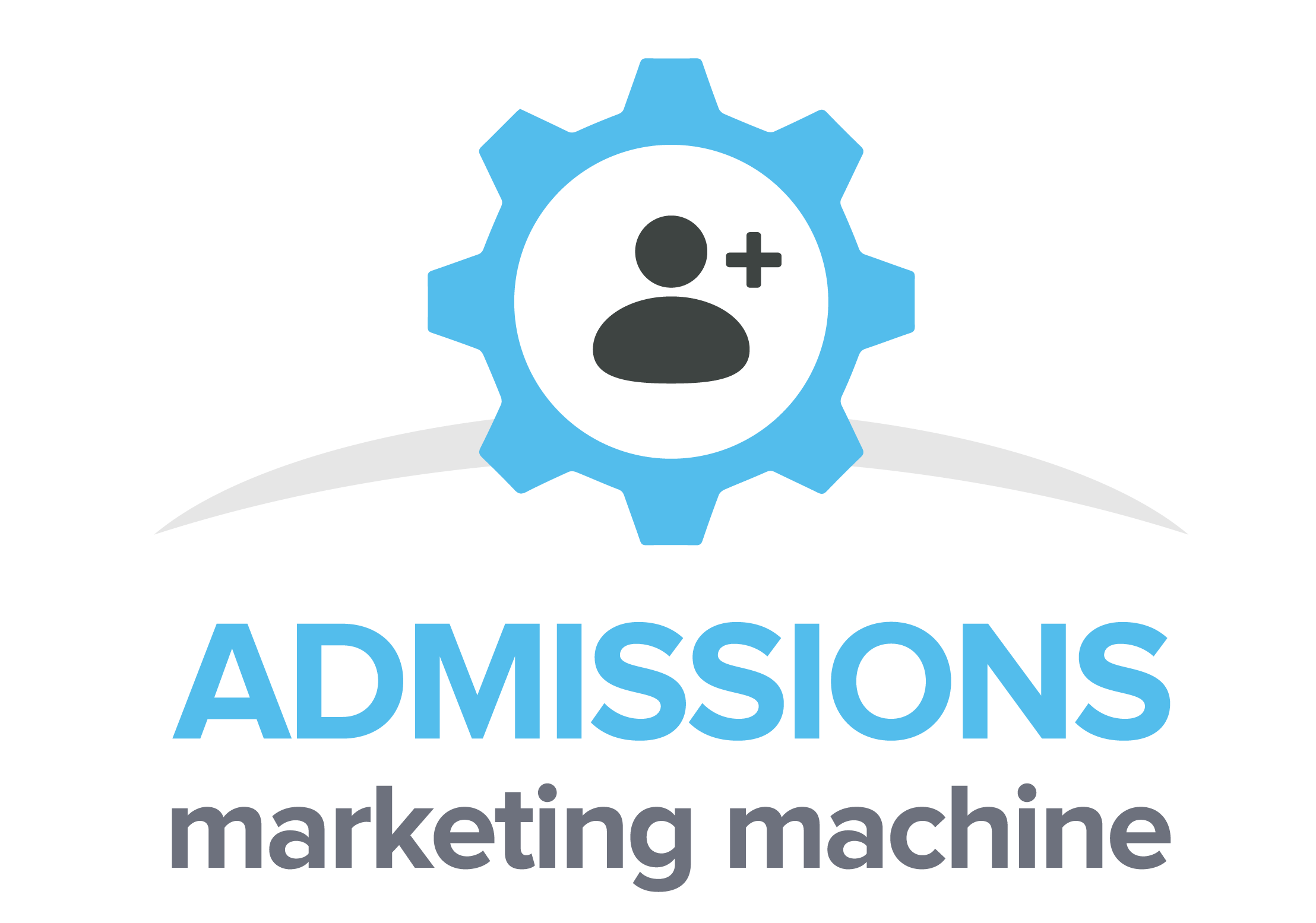By the time they find you, they’ve already Googled everything and trust almost nothing.
If you don’t understand that, you’ll keep talking to parents like they’re starting at zero. They’re not. They’re showing up overloaded, exhausted, suspicious, and numb from weeks — sometimes months — of late-night doom-scrolling.
The Research Phase Happens Long Before You Ever Hear Their Name
Parents don’t stumble into your program blindly. They arrive with:
- tabs full of articles they barely remember reading
- screenshots from Facebook groups and Reddit threads
- conflicting expert opinions
- horror stories from other families
- advice from people who love them but have zero idea what they’re talking about
And underneath all of that research is one truth they’ll never say out loud:
You’re Not Starting the Conversation — You’re Entering the Middle of Their Crisis
By the time they call you, they’ve already:
- diagnosed their kid six different ways
- read every symptom list that confirms their worst fears
- looked at programs they could never afford
- looked at programs they should never consider
- been sold to, pitched to, and confused by a dozen websites
They’re exhausted.
They’re overwhelmed.
They’re emotionally wrung out.
And most programs completely miss this.
They keep pitching features, modalities, and credentials — as if parents are hearing these ideas for the first time.
They’re not.
Google Gave Them Data — It Didn’t Give Them Direction
Information isn’t the problem. They have too much of it.
What they’re starving for is:
- certainty
- context
- someone who understands the patterns underneath the chaos
- a guide who can make sense of the noise
Because nothing online tells them:
“Here’s what matters, here’s what doesn’t, and here’s what you need to do next.”
So they keep Googling.
And the more they Google, the less they trust.
Trust Isn’t Built by Information — It’s Built by Interpretation
Parents aren’t asking for your modalities. They’re asking:
“Does this person understand what’s actually happening in my home?”
They want someone who can take everything they’ve gathered and say:
That’s leadership.
That’s clarity.
That’s what breaks the cycle of overwhelm.
Most Programs Make This Mistake
They talk like the parent just found out about treatment options five minutes ago.
They explain everything from scratch.
They drown parents in even more terminology.
They assume providing more data equals building more trust.
It doesn’t.
Parents don’t measure you by the quality of your information.
They measure you by your ability to make sense of the information they already have.
Why This Matters for Admissions
The programs that convert aren’t the ones that know the most.
They’re the ones that articulate the landscape better than anyone else.
They say what parents already feel but haven’t been able to express.
They make the world suddenly make sense.
And when you can do that?
Families move.
The Programs That Win Do This
1. They start where the family already is — not where they wish they were.
Parents aren’t empty. They’re overloaded.
2. They create clarity out of chaos.
They don’t add to the noise — they interpret it.
3. They tell the truth plainly.
Not jargon. Not scripts. Not brochure-speak. Actual truth.
4. They replace fear with direction.
Fear dissolves when someone finally says, “Here’s what to do next.”
They choose the one that gives them the most clarity.
The Final Shot
By the time they find you, they’re not looking for a program.
They’re looking for someone who can stop the spinning.
Someone who isn’t overwhelmed by their overwhelm.
Someone who can see the whole map when they can only see the storm.
That’s the role of a leader in this space.
And the programs that step into that role don’t compete — they rise.















